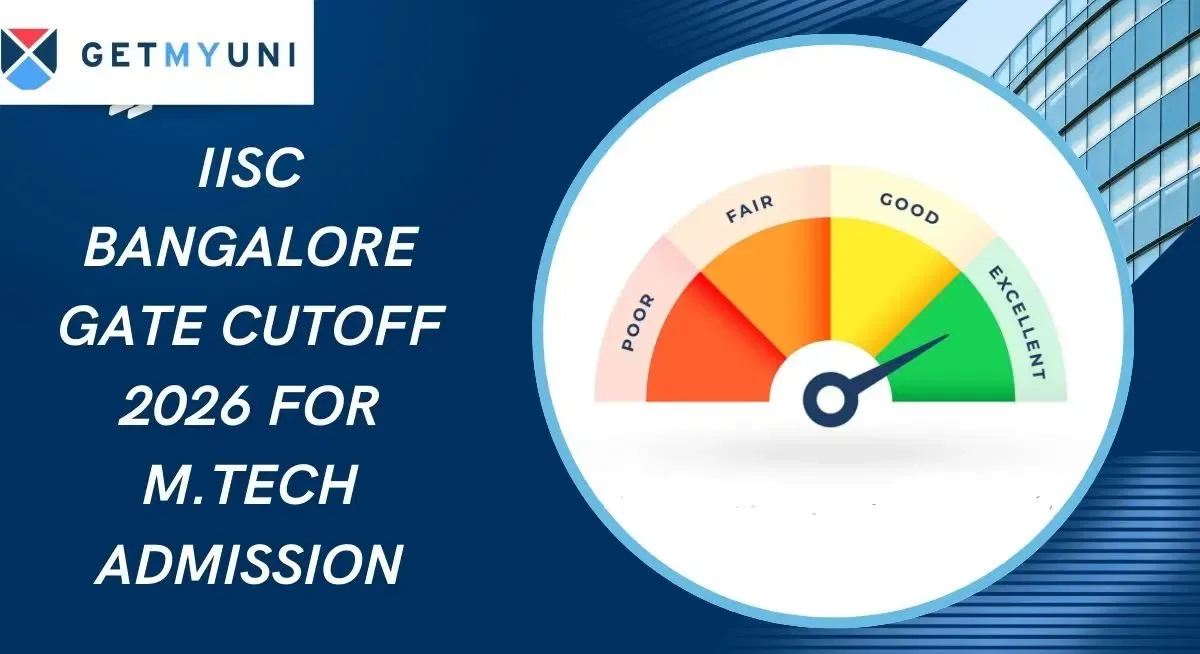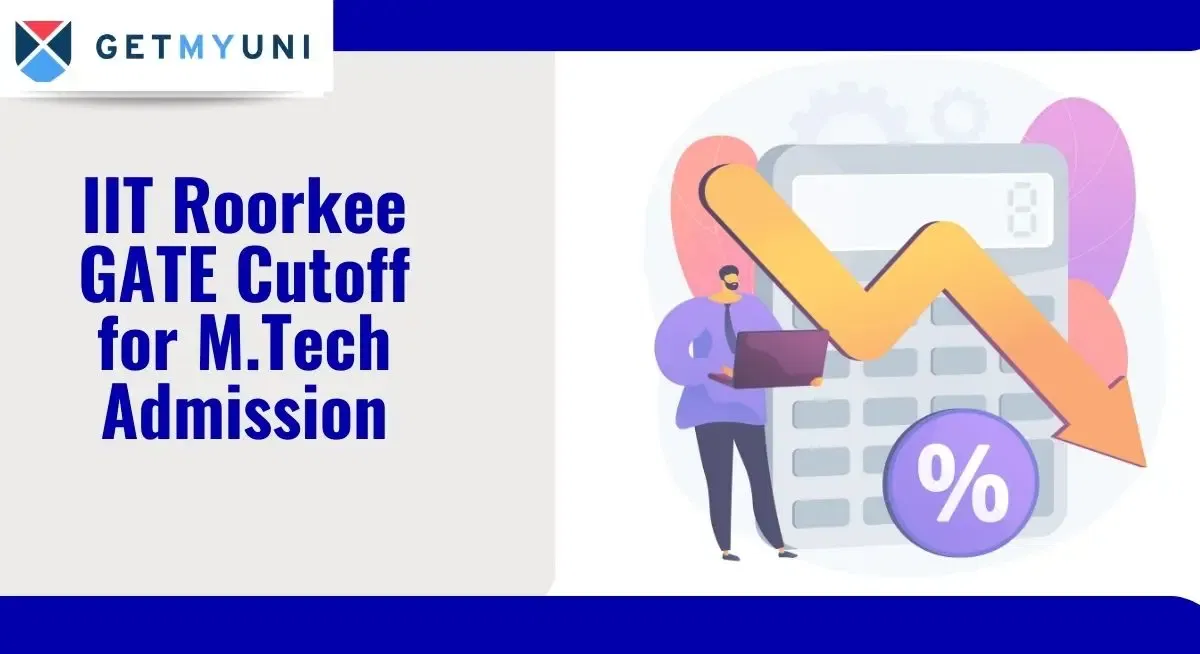Some of the 100+ seminar topics for Computer Science Engineering 2026 include Blockchain Technology, Smart Quill, BrainGate, Hadoop and more. These topics help you upgrade their knowledge of the trending whereabouts of CSE.
The top seminar topics for Computer Engineering include Cryptocurrency, Wireless USB, Wearable Computing, Zigbee technology, Game Design and many more. These topics will enrich you with an interactive learning session with the peers. Computer engineers plan, develop, experiment, and fix high-tech computing machines for everything from the most authoritative supercomputers to the tiniest and most energy-efficient microprocessors utilised in all parts of contemporary technology.
They need to be updated with all the latest technological developments in the market. Moreover, the Computer Science Engineering course curriculum is diverse. Thus, encouraging and hosting seminars must be a regular practice at universities and institutes.
100+ Seminar Topics for Computer Engineering 2025
Seminars are a great way to familiarise students with the trending technologies available in the market. These activities and discussions also allow them to stay engaged with the vast computer engineering curriculum.
Seminar topics for CSE are divided into several categories, including research, design, and development of hardware and software used in systems to produce the following attributes:
- Power
- Performance
- Protection
- Preservation
- Reliability
Moreover, advanced research and education are conducted on multiple topics for computer science engineering courses around the globe. All these updates cannot be covered in the current student curriculum. Thus, it is crucial to host seminars that take students beyond the confines of their syllabus. The following are 100+ seminar topics for computer science engineering:
- Blockchain Technology
- Internet of Things (IoT)
- Big Data
- Machine Learning
- Edge Computing
- Operating-System-Level-Virtualization
- Heat-Assisted Magnetic Recording
- Augmented/Virtual/Mixed Reality
- Exascale Computing
- Holographic Technology
- Automation
- Natural Language Generation
- Neuromorphic Computing
- Differential Privacy
- Computer Vision
- Analytics
- Digital Twin
- Cyber Security
- Algorithmic Advances
- Semantic Web
- 5G Technology
- Software-Defined Network
- Virtual Reality
- Mobile Computing and Its Applications
- CORBA Technology
- 3D Internet
- Search Engine
- Digital Image Processing
- Random Number Generators
- Cryptocurrency
- Wireless USB
- Wearable Computing
- Zigbee technology
- Game Design
- IP Address Spoofing
- Fog Computing
- Digital Library
- Screenless Display
- Li-Fi Technology
- Microprocessors and Microcontrollers
- Silverlight
- Green Computing
- MANET
- Facility Layout Design through Genetic Algorithm
- Tamper Resistance
- iSCSI
- Wireless Networked Digital Devices
- 3G vs. Wi-Fi Interferometric Modulator (IMOD)
- Free Space Laser Communications
- Virtual Instrumentation
- Direct Memory Access
- Smart Note Taker
- Computational Intelligence in Wireless Sensor Networks
- Fog Computing
- Python Libraries for Data Science
- Eye Gaze Communication System
- MRAMs and SMRs
- Cyberbullying Detection
- Facebook Timeline
- IDMA
- Virtual LAN Technology
- Global Wireless E-Voting
- Smart Fabrics
- Voice Morphing
- Data Security in Local Network
- Big Data Technology
- Probability, Statistics, and Numerical Techniques
- RAID
- Ambiophonics
- Digital Video Editing
- Synchronous Optical Networking
- Layer 3 Switching
- InfiniBand
- Steganography
- Packet Sniffers
- Cryptography Technology
- System Software
- Humanoid Robot
- X-Vision
- Firewalls
- Introduction to the Internet Protocols
- Bio-inspired Networking
- BEOWULF Cluster
- XML Encryption
- Security Features of ATM
- Design And Analysis Of Algorithms
- OpenRAN
- Advanced Driver Assistance System (ADAS)
- Digital Scent Technology
- Iris Scanning
- Symbian Mobile Operating System
- Motes
- Google Chrome Laptop or Chrome Book
- Mind-Reading Computer
- Distributed Interactive Virtual Environment
- Trustworthy Computing
- Teleportation
- Finger Reader
- Linux Kernel 2.6
- MemTable
- Voice Browser
- Alternative Models Of Computation
- Diamond chip
- Photonics Communications
- System in Package
- Neural Interfacing
- Multiple Access Control Protocol
- Synthetic Aperture Radar System
- 5g Wireless System
- Touch screen
- Wireless Fidelity
- Wireless Video Service in CDMA Systems
- 10 Gigabit Ethernet
- Java Database Connectivity
- Artificial Intelligence
- Computer Intelligence Application
- Airborne Internet
- Fast Convergence Algorithms for Active Noise Controlling Vehicles
- Survivable Network Systems
- Capacitive And Resistive Touch Systems
- Electronic Payment Systems
- IPv6 - The Next Generation Protocol
- Zigbee Technology
- InfiniBand
- Finger Vein Recognition
- HPJava
- Crypto Watermarking
- Exterminator
- Ovonic Unified Memory
Also Read: 250+ Seminar Topics for Electronics and Telecommunication Engineering
Latest Seminar Topics for CSE 2026
With the emergence of new technologies every year, students must be aware of their know-how. The students can check the latest seminar topics for CSE 2026 from the list below:
1. Quantum Computing
Quantum computing is the study of the theoretical aspects of quantum computers. The concept makes direct use of quantum-mechanical events where the power lies in its ability to generate and manipulate qubits. Qubits can be represented as subatomic particles like electrons or photons.
2. Pixeom
Pixeom is represented as a prototyping device that offers alternative cloud services. The device uses containers like materials to manage or ship the software to the edge. When considered on the software side, Pixeom are moderately cloud-agnostic.
3. Silent Sound Technology
Silent Sound technology helps transmit data or knowledge without vocal cords. Instead, it takes every movement of the lips to transform them into sounds. The technology aims to help people who have lost their voices to speak and make silent calls.
4. Smart Quill
Smart Quill, invented by Lyndsay Williams of Microsoft, is slightly larger than an ordinary fountain pen. The speciality of the pen is that it can remember words used to write and convert them into computer text.
5. Smart Card
A smart card is a plastic card embedded with computer chips. The specific feature of a smart card is it stores and transmits data between users. The card connects to a reader with a remote contactless radio frequency interface or with direct physical contact.
6. Wireless Local Loop (WLL)
A wireless local loop (WLL) is a general term for an access system. Instead of conventional copper cable, a wireless link connects subscribers and their local exchanges in place of conventional copper cable. The key features of WLL include Data, Voice, and Fax services.
7. BrainGate
Braingate is the technology that determines the association between computers and the human brain. The system was designed by cyber kinetics in cooperation with the Department of Neuroscience from Brown University. The primary element used is a computer chip, utilizing which brain movement is observed.
8. Asynchronous Chips
Asynchronous chips are the latest variant of chips contributing to a high sort of advantage that isn't conceivable in synchronous chips. However, the chip operates at a much higher speed without restricting the size of the chip.
Also Read: 100+ Electrical Engineering Seminar Topics for Students
9. Futex
The Futex system is utilised for extending a technique for a program so that user space code can be permitted in a pretty effective manner. Moreover, it lets the users synchronize a kind of thread with a pretty reasonable engagement of the kernel.
10. Interferometric Modulator
An interferometric modular, a leading technology consisting of subpixels. These are tiny Fabry-Perot interferometers in existence. It is practised in gaming devices, wrist-worn GPS devices, portable Bluetooth accessories, and cell phone displays.
11. Hadoop
Hadoop is an open-source software system that manages to store data as well as run applications on various commodity hardware. As a result, there is pretty spacious storage for all kinds of data along with a comprehensive species of processing power.
12. Project Loon
Project Loon is a technology product regulated by Google for extending internet solutions in remote areas across the globe. It includes conveying hot air balloons to the stratosphere to afford Wi-Fi internet to these parts. It originated in 2011 in California, and since later, it has developed regularly.
13. Hybridoma Technology
A hybridoma is a technology that permits the creation of MAbs to distinguish fungi species. Besides that, it specifies the multiple segments of fungal biomass.
14. 5 Pen PC Technology
5 Pen PC technology is a cluster of devices that comes with various features. For example, it incorporates a virtual keyboard, projector, personal ID key, a pen-shaped mobile phone, and a camera scanner. Hence by utilizing this technology, a crystal clear digital copy of transcribed details can be generated.
15. CORBA
Typical Object Request Broker Architecture (CORBA) is a unique architecture whose main job is demonstrating a novel mechanism for the sounder division of objects over a particular network. It lets them communicate with each other without any platform and language barrier. Object Management Group designs the specification.
16. Invisibility Cloaks
Invisibility cloaks are recognised as a cloaking device. It is a system for directing light waves near a material to make it seem invisible. The prominent role is played by the viewer's eyes and the device is utilized on the level of perceptibility.
17. Google Glass
Google Glass is a simple Android device practising voice and motion for transporting details in the arena of imagination. Moreover, this equipment offers augmented reality activities with the sides of audio, visual, and location-based technology for providing the best kind of details.
18. Java Ring
A Java ring is a small device that is built in the form of a finger ring. These finger-wearable gadgets are implemented with integrated abilities for supporting the users. The ring comes with a microprocessor, a smart card, and other features.
19. Sixth Sense Technology
The sixth sense can be termed a technology that presents an entirely different approach to the users to examine the world. It can be described as a wearable gesticulation interface where the physical world nearby is enlarged with digital features. The users can see the physical gestures of the hand for communicating with these features.
20. Green Computing
Green computing can be said to apply the computer and its associated resources in an eco-friendly way. If we discuss it more broadly, it is defined as the approach to designing, manufacturing, and applying computer devices with the least impact on nature.
21. Digital Jewellery
Digital jewellery resembles the same as a piece of fashion jewellery but is implemented with embedded intelligence technology. It can be solely denominated as a wearable computer that allows users to interact through their jewellery by voicemail, e-mail, and voice communication mode.
22. Rover Technology
Rover technology is a technological operation that engages location-based assistance and device-aware, fundamental time-aware and uses intelligent solutions. It operates on a diversity of methods that vary from standard cellular phones and laptops. As a result, it is one of the most beneficial technologies built in modern times.
Java technologies are used in general-purpose computing and GUIs today. However, it was negative for use with control systems like the software used on the Rover. But The Golden Gate project seeks to use RTSJ, a Real-Time Specification for JAVA, i.e., development control software that can be used on a Rover.
23. Smart Fabrics
Smart fabrics are textile materials proficient in sensing different circumstances in the environment. It is an organic material adopted for fashion and design purposes. The article regulates subjects like body temperature and breathability.
Also Read: 100+ Chemistry Seminar Topics for Students
Top Colleges in India for CSE 2025
The students must know about the top colleges for CSE in India 2025, as these institutes focus on providing students with the necessary knowledge, skills and hands-on experience to be able to move forward in the ever-changing world.
The following table contains the list of top colleges for CSE in India 2025:
|
Name of the College |
Location |
Average Annual Tuition Fees for CSE |
|
Mumbai, Maharashtra |
INR 2.5 Lakh |
|
|
Tiruchirappalli, Tamil Nadu |
INR 1.80 Lakh |
|
|
Vellore, Tamil Nadu |
INR 1.95 Lakh |
|
|
Pilani, Rajasthan |
INR 5.81 Lakh |
|
|
Rohini, New Delhi |
INR 1.71 Lakh |
|
|
Patiala, Punjab |
INR 1.70 Lakh |
|
|
Bangalore, Karnataka |
INR 2 lakh |
|
|
Warangal, Telangana |
INR 1.25 Lakh |
|
|
Kolkata, West Bengal |
INR 24,000 |
|
|
Delhi, New Delhi |
INR 2 Lakh |
It is important that students understand that these topics will help them have a better understanding of the newest developments in Computer Engineering. Since all of the topics cannot be covered in a course curriculum, the students must keep attending or listening to the seminars to gain substantial knowledge that will boost their careers as well. Sooner or later, the knowledge acquired in these topics will help them.
-
Seminars provide interactive learning sessions. -
They familiarize students with trending technologies. -
Crucial for staying updated with market developments. -
Helps students engage with vast CSE curriculum.










